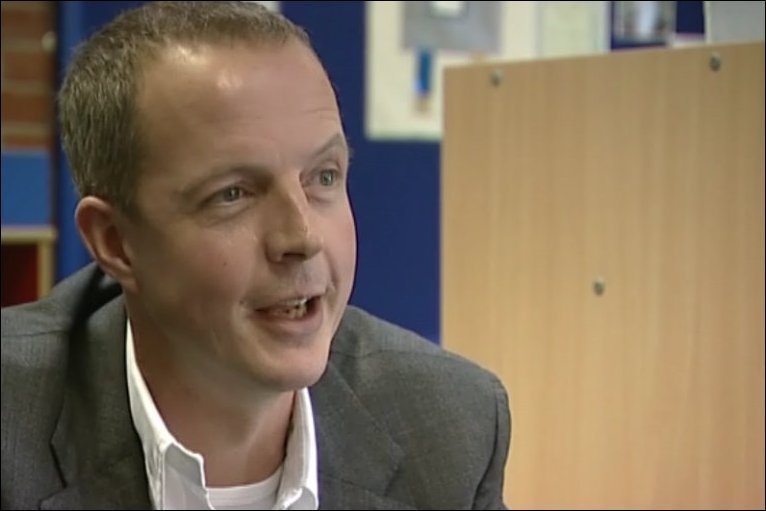One of the flaws of Tory modernisation was that it was never interested enough in pounds and pence. Social issues, the environment and public service reform were what the modernisers specialised in, not economics.
But tonight’s Macmillan lecture by Nick Boles, one of the most intellectually influential modernisers, is devoted to the subject of how Britain’s global competiveness in the global
economy can be improved. His argument is that:
Boles argues for a huge cut in employers’ National Insurance. This would be paid for by a land value tax from which people’s main home and farmland would be excluded. Personally, I would rather see this funded by more spending cuts but a push to get down employers’ NI, one of the most economically damaging taxes, is to be welcomed.‘What really threatens the general wellbeing of the British people is the stalling of productivity growth and the certainty that the next 20 years will expose them to competition that is vastly more intense than anything we have ever seen. If we Conservatives want to show that we are truly progressive, improving the productivity of average British workers and the competitiveness of our economy should be our focus. For this is the only way in which most people’s living standards will improve.’
The MP for Grantham also wants improvements to the country’s infrastructure. He makes the case for a new Oxford to Cambridge motorway which would facilitate the emergence of a new brain belt cluster that could hope to have a similar economic impact to Silicon Valley.
In a sign of the new economic realism of the modernisers, he also backs a new airport in the south east:
As Boles points out, these measures will have to be part of a whole policy agenda of ensuring that this country’s tax rates are competitive and raising the skills and education-levels of the British workforce. But Boles’ is a welcome contribution to a political debate that is often too obsessed with the top and bottom one percent and doesn’t think enough about the other 98 per cent. As he says, ‘this obsession with the incomes of the wealthiest is blinding us to the biggest economic challenge that our country faces’ — namely that the British labour force is becoming less and less competitive globally.‘I fervently hope that, in 2012, David Cameron is able to persuade Nick Clegg of the case for expanding London’s airport capacity. Because people who cannot get here easily will place their orders and make their investments elsewhere — and the resulting CO2 will still make its way into the atmosphere we all share.’







Comments